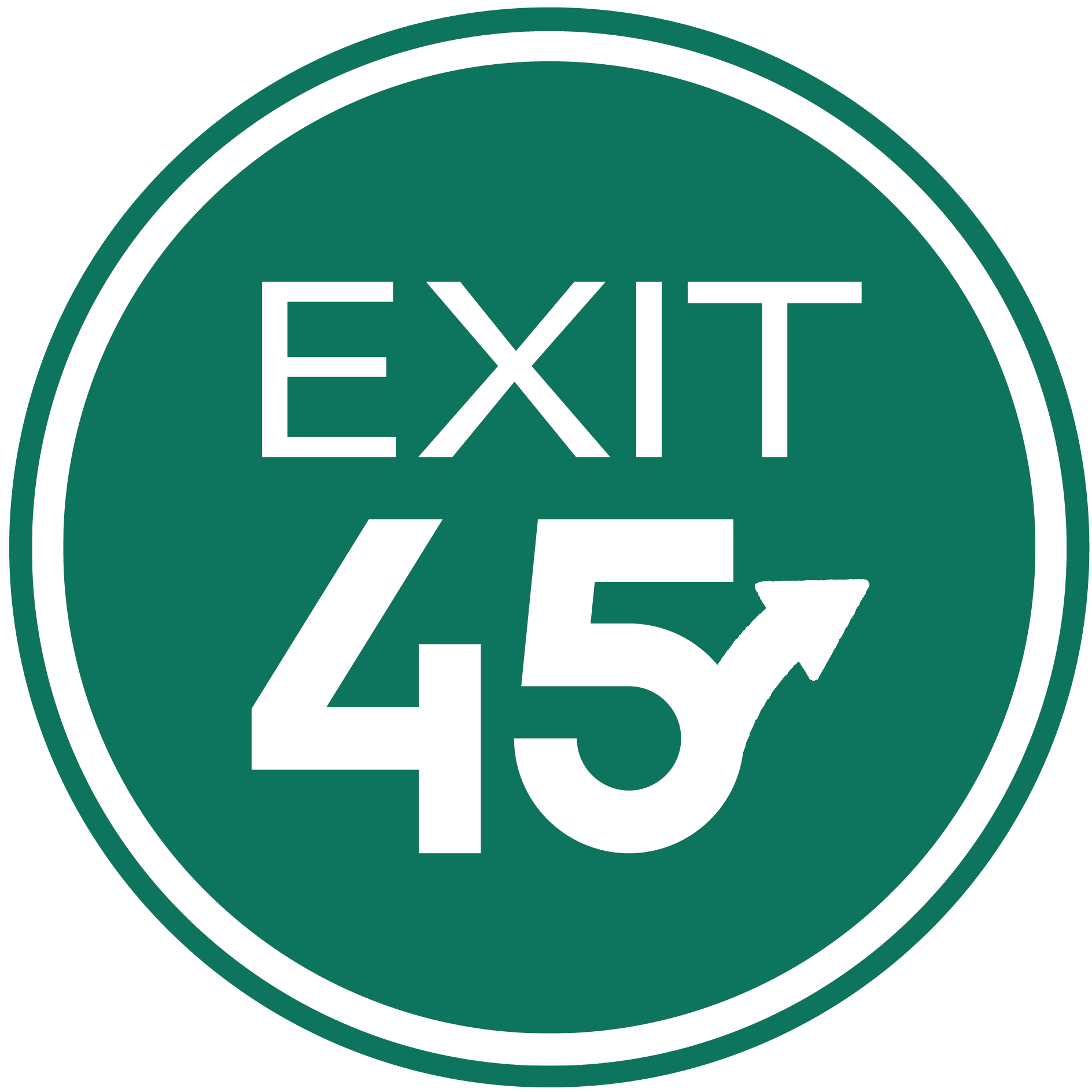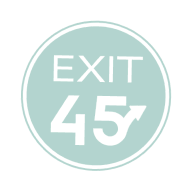10 Considerations for Choosing a Business Broker / M&A Intermediary
In the last issue (#76) we provided insight into obstacles created by Choosing the Wrong Intermediary. In this issue we will provide 10 Considerations for Choosing an Intermediary.
"The best executive is the one who has sense enough to pick good men to do what he wants done, and self-restraint to keep from meddling with them while they do it." Theodore Roosevelt
10 Considerations for Choosing a Business Broker / M&A Intermediary
To summarize the last issue, an inexperienced or less than diligent business broker / M&A intermediary may fail to sell your business for three primary reasons: (1) instead of setting owner expectations, they might accept an engagement for an overpriced business, which means it is unlikely to sell; (2) failure to identify and prepare for obstacles that could be anticipated and/or avoided; (3) unable to finesse the delicate “touch and go” disputes which inevitably occur at some point in the negotiations.
Choosing a business broker / M&A intermediary to handle the sale of your business is one of the most important decisions you will ever make. Before making a selection, you should interview several potential business broker / M&A intermediaries. Following are things you should consider:
1) Ask about their years of experience as a business broker / M&A intermediary. Be sure to confirm whether they are involved full-time or part-time.
2) Request previous client references of the person you will be working with and follow up with phone calls.
3) Bear in mind your personal chemistry with the prospective individual business broker / M&A intermediary. If you get any feeling the broker is “playing to your ego” or “blowing smoke,” continue your search for someone who is genuine.
4) A local business broker / M&A intermediary will typically have more success than distant brokers. Good brokering requires the intermediary’s involvement with buyers and attendance at buyer/seller meetings; that’s hard to accomplish if the distance is too great.
5) If you also own real estate associated with the business, make sure your business broker / M&A intermediary is a licensed real estate agent.
6) Question the educational background and previous career experience of the business broker / M&A intermediary. A financial educational background may be very beneficial and previous consultative sales experience of large-ticket products / services / intangibles can also very helpful.
7) Ask the business broker / M&A intermediary about their knowledge of acquisition financing, especially SBA loans used for acquisitions. Most acquirers of small businesses are first-time buyers that require significant help from the intermediary to navigate the difficult world of acquisition financing.
8) Understand how the business broker / M&A intermediary will market the business and how prospective buyers will be identified. In today’s world, it is critical for the broker to have a presence on the internet, not only on their own website but on the most commonly accessed “business for sale” websites. Understand what the marketing package will look like and how confidentiality is assured.
9) Make sure the person you are interviewing is the person who will be representing you on a daily basis and the person handling prospective buyers. In other words, be sure your account will not be assigned to a junior associate.
10) Most brokers will provide an evaluation of your business at no charge. Ask them to do so and compare and contrast their approaches and results. Ignore any “canned” fluff material and concentrate on the financial “meat and potato” factors that are really the drivers of value. Many intermediaries will provide evaluations at no charge, but some may have minor charges ($300 – $1,000). You should never have to pay an exorbitant amount for an intermediary’s evaluation.
You should expect "tough love" from your business broker / M&A intermediary
These important words appeared in the previous issue and are worthy of being repeated: “After completing an evaluation of your business, an experienced broker should be able to tell you, in terms you can understand and within about a 5% range, how much your business can be expected to be sold for and why. He also should be able to explain the obstacles (prospective buyer’s objections) that might be encountered and how you can counteract them.”
Most intermediaries will work on a straight contingency basis, meaning they are only paid at closing when you are paid. Some may require a small retainer. If the retainer is too large, it’s a pretty good indicator that the intermediary does not believe he can sell the business.
Regarding Exclusivity
As discussed in newsletter Issue #75, Owners Who Are not Committed to a Sale, there are significant downsides, including confidentiality issues, to “dipping your toe in the water” and trying to work with multiple brokers on a non-exclusive basis. In fact, if a business broker / M&A intermediary offers to work on a non-exclusive basis, he is not committed to success and should be eliminated from consideration.
If, after taking into account the ten considerations listed above, you feel good about an intermediary’s chance of success, he’s earned the right to a sole and exclusive representation agreement for a period of six to twelve months.
Have you read our special report: “Insider Secrets To Selling Your Business – Business Broker Best Practices and Selection Criteria?“ It provides more in-depth information about selecting a trustworthy business broker.
"The secret of success lies not in doing your own work, but in recognizing the right man to do it." Andrew Carnegie
Overcome the Power of Inertia
Overcome the Power of Inertia and call a business broker for a free consultation. Many brokers offer no-charge, no-obligation evaluations of small businesses. They can provide a broker opinion of value and help you identify obstacles to a successful sale as well as opportunities for improvement to increase the value of your business. That is a great way to start planning for a successful and profitable exit from your business.

